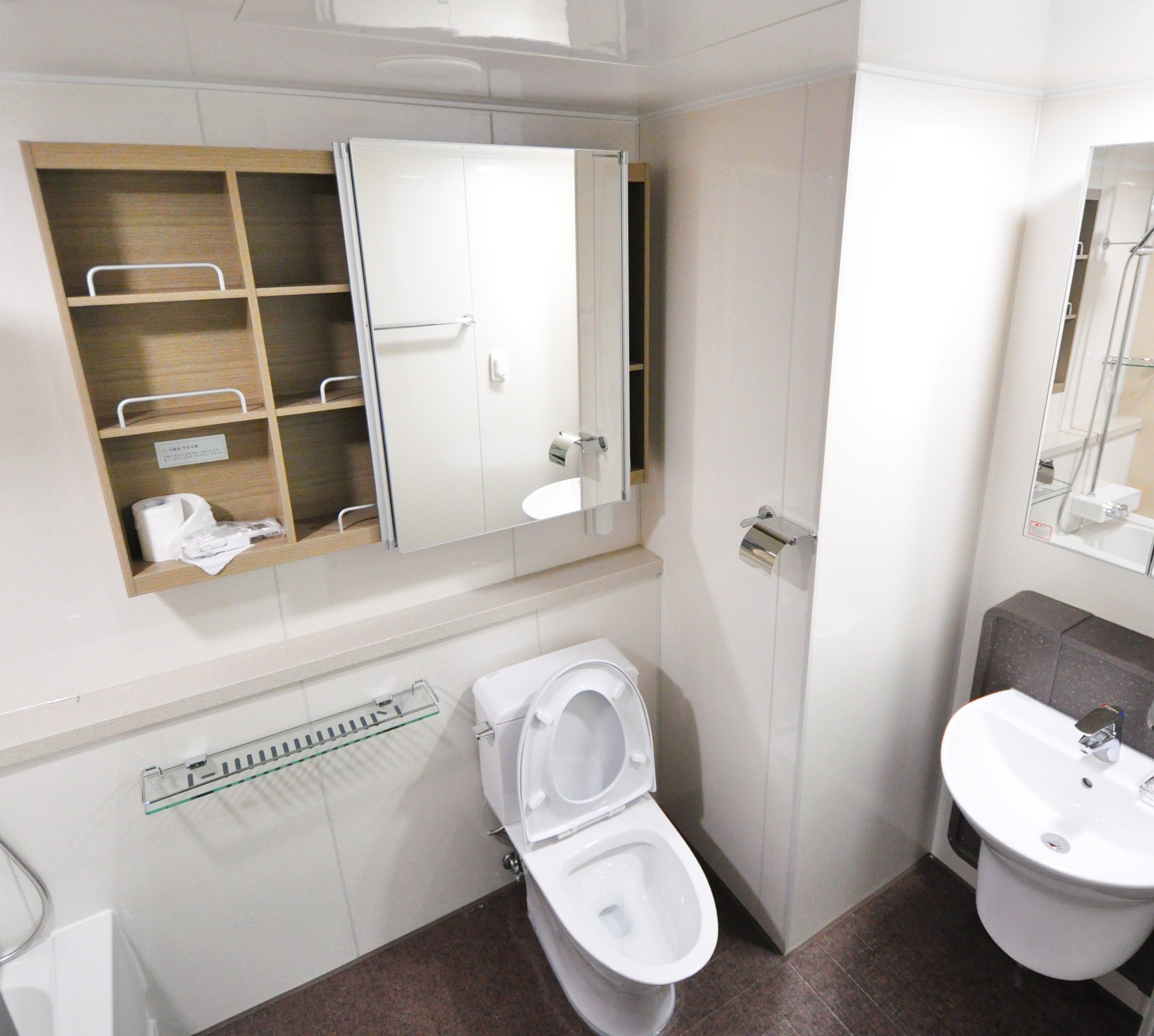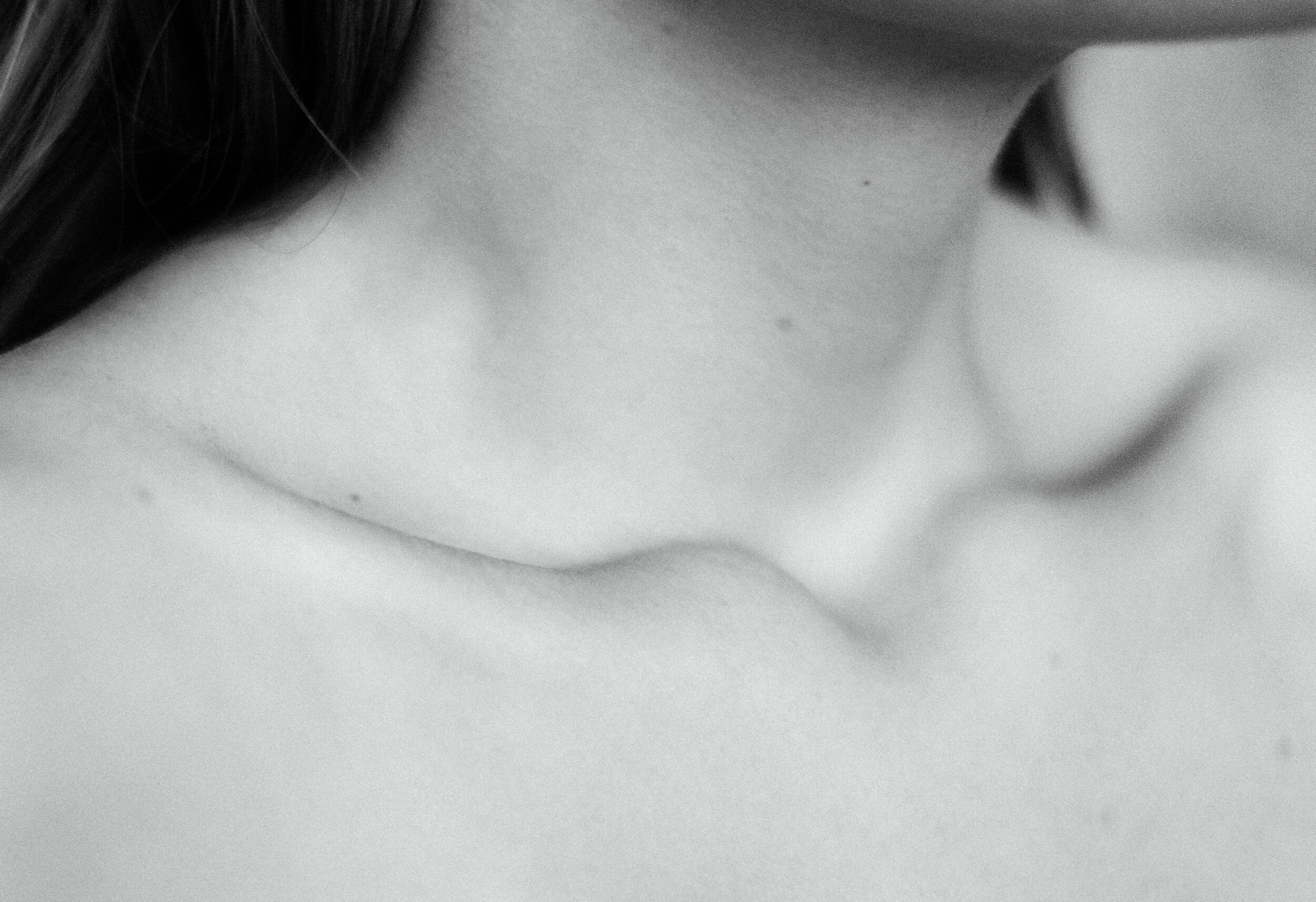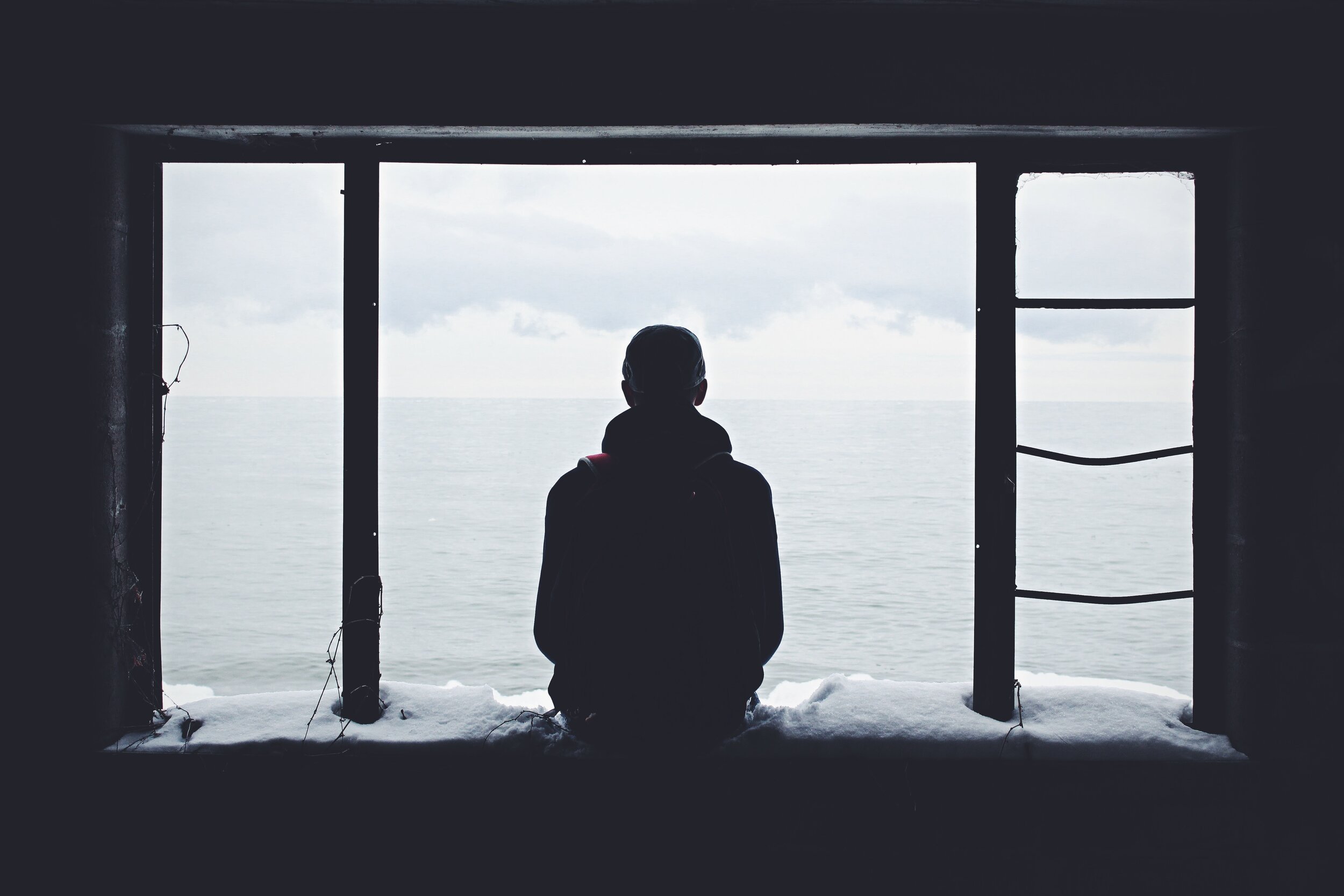Pregnancy related insomnia? We can help with that, too.
/Anyone that has ever been pregnant can probably relate all too well to pregnancy related-insomnia, and exhaustion.
But according to recent findings published by Nature and Science of Sleep, acupuncture can improve sleep quality in pregnant women. How? By possibly increasing melatonin secretion, this article in Psychiatry Advisor explains.
Explaining the study, the article hilights a study performed by Saeedeh Foroughinia, MD, of the Obstetrics and Gynecology Department, Shiraz University Medical Sciences, Shiraz, Iran, and colleagues. They conducted a, “randomized, parallel, single-blinded, controlled trial on 72 pregnant women with insomnia. “
The women were assigned randomly to receive either 10 sessions of acupuncture over the span of 3 weeks, or the “control” group which instead received sleep education and sham or “fake” acupuncture.
The results?
The 26 patients who received real acupuncture treatment significantly improved in both the PSQI score ( Pittsburgh Sleep Quality Index ) and 6-sulfatoxymelatonin levels (the main metabolite of melatonin in urine).
We’ve long known how acupuncture can help improve sleep habits, but this is reassuring for anyone experiencing pregnancy insomnia, too!
Researches noted, “Acupuncture efficacy could be attributable to its regulatory effect on various neuroendocrinological pathways.”
They added, “It has been shown that stimulation of certain acupoints resulted in a change in a wide range of neuroendocrinological mediators, such as norepinephrine, melatonin, gamma-aminobutyric acid, and β-endorphin.”
If you’re having trouble sleeping while expecting (or not!) call or click here to book your appointment today!




















